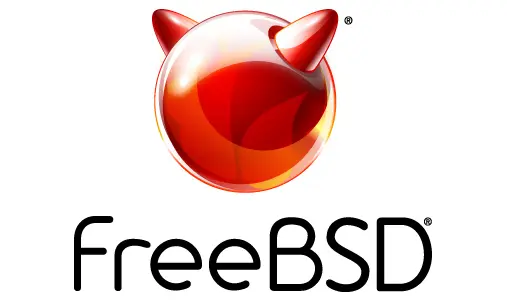FreeBSD is like a ninja among operating systems. Quiet, stable, and secretly powerful. It doesn't make much noise, but companies like Netflix, Juniper, and even parts of Apple’s macOS rely on it.
But hey, no OS is perfect (even Batman has issues), so let’s break down the pros and cons of FreeBSD—so you can decide whether this could be your next tech soulmate.
Strengths of FreeBSD
1. Super Stable and Secure
FreeBSD is known for its rock-solid stability. Some servers run for years without needing a reboot!
Its security is top-notch too, with features like jails, which isolate processes easily without the Docker fuss.
Perfect for: servers that require high uptime and top-level security.
2. No-Strings-Attached Licensing
The BSD license is like a chill friend:
“Use it, modify it, no need to give anything back.”
Unlike Linux’s GPL license that requires sharing modifications, FreeBSD gives you total freedom.
3. Fully Integrated System
FreeBSD is developed as a single, unified system—both kernel and userland are built together.
This makes it more consistent and synchronized compared to Linux, which depends on different parties (depending on the distro).
4. Built-in Advanced Features
- ZFS: A god-tier file system that’s safe, efficient, and great for backups
- Jails: Like Docker, but older and lighter
- DTrace: Real-time system and app performance tracing
5. Legendary Documentation
The FreeBSD Handbook is famous for a reason—it’s comprehensive, clear, and beginner-friendly.
Even newbies can set up a solid server by following the official docs.
Weaknesses of FreeBSD
1. Limited Desktop Support
Yes, you can use FreeBSD as a desktop OS, but it’s not the main focus.
Hardware support (especially Wi-Fi and laptop GPUs) can be hit-or-miss.
If you're a gamer or graphics designer… uh, maybe stick with Linux or Windows for now
2. Smaller Software Selection
Many popular apps are available via Ports or Packages, but not as many as on Linux.
Some tools need to be compiled manually, which takes time (and patience).
3. Manual Installation and Setup
Installing FreeBSD isn’t a “next-next-finish” experience.
It’s more for tinkerers and tech-savvy folks—not casual users.
Beginners might feel overwhelmed at first.
4. Smaller Community
The FreeBSD community is loyal and knowledgeable, but not as large as Linux’s.
That means fewer quick answers on forums or Stack Overflow.
FreeBSD isn’t for everyone—but it’s perfect for those who want an elegant, stable, and fully controllable system. Ideal for:
- Sysadmins running mission-critical servers
- Developers who want a permissive license
- Curious techies who enjoy learning and going off the beaten path
But if you prefer a flashy UI, full hardware support, and tons of plug-and-play software, Linux might suit you better.



0 Comments:
Post a Comment